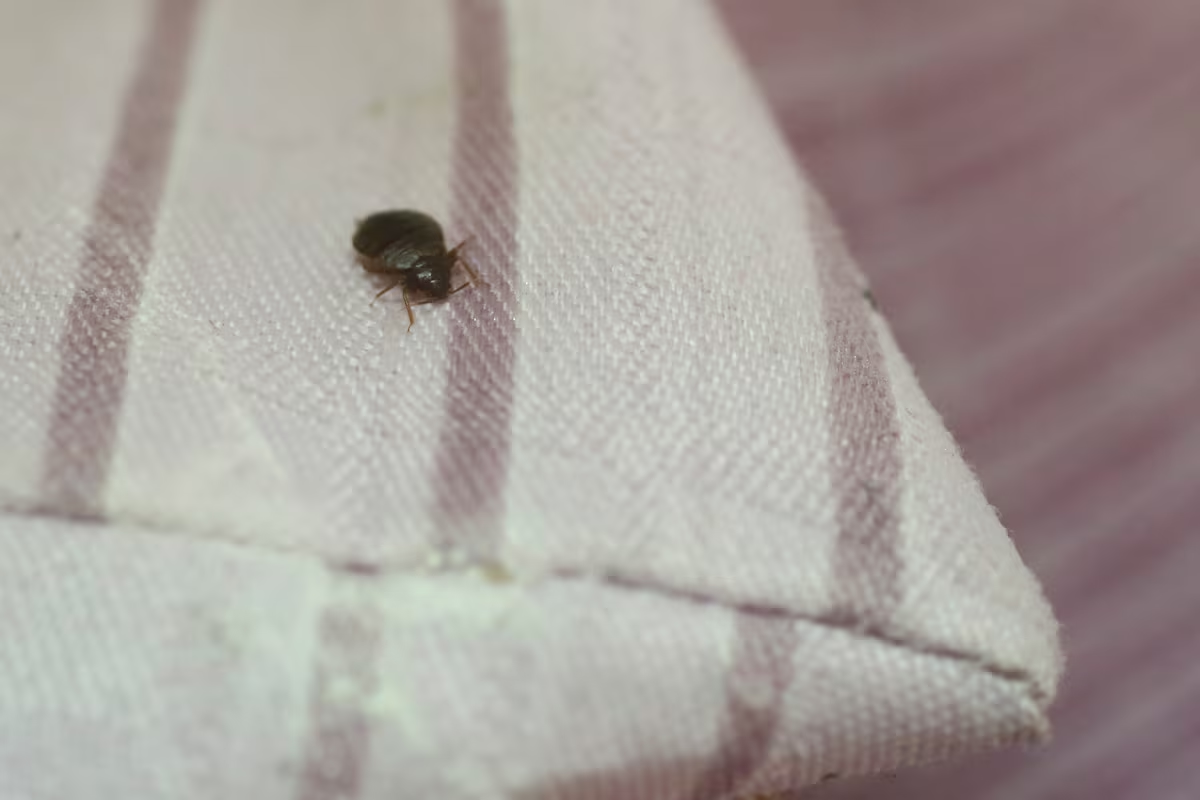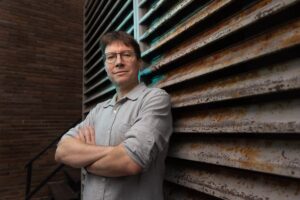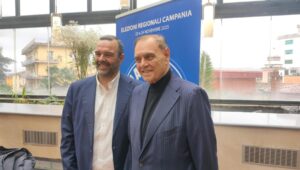
Scientists are the only people who wake up in the middle of the night. One of the characters of The anomaly (Seix Barral), delirious novel written in a state of grace by the mathematician and science journalist Hervé Le Tellier. With it, Le Tellier managed to win the Prix Goncourt in 2020; a prestigious prize with a ridiculous economic prize: a check for 10 euros, which is a symbolic amount for a prize that gives merit to a literary text.
Although it is a topical topic, we will not deal with literary prizes here. Nothing more, even if what we will talk about here has to do with books, in this case with a novel written by Teju Cole, an author of Nigerian origin. It’s titled open city (Acantilado) and in it he tells us – in first person – the journey of a psychiatrist through the urban landscape of Manhattan. With this approach, the protagonist wanders through its streets and reflects on the present, letting himself be carried away by memory, a scientific memory, for example, as it covers different aspects of science, from mental illness to the cellular mutation that causes cancer, passing through biology regarding bedbugs and their parasitic relationship with humans. Considering the latter, there are moments when Teju Cole manages to make our skin itch using the magic of prose stripped of ornamentation and translated into Spanish by Marcelo Cohen. The strength of the story becomes so powerful that it reaches the deepest sensations of our skin.
Although they are small insects, oval and flat, reddish in color, which can be crushed with the same nails, bed bugs sting us with their bites until their attack becomes a torment. What makes them so harmful is their need for warm blood. Our liquid tissue serves as food for them, leaving their bites in rows or clusters. This is because they have needle-shaped jaws that they use to puncture capillaries and thus obtain blood. However, they usually do not get it on the first puncture, but make several attempts before finding the capillary that will serve as a food source.
The history of our relationship with these insects dates back to ancient times, from when we lived in caves and told stories around the fire; fictions that accompanied the coming and going of the shadows that the flames projected on the walls. Those were ancient times when bedbugs sharpened their jaws to celebrate our arrival, tired of the gastronomic routine that involved the bat blood they fed on until we appeared in the caves. From then until today we have cultivated them, transported them through the centuries through each of the different transformations that have accompanied our journey around the world.
Thus, with his urban journey, the protagonist of open city interprets our passage into this world, while Hervé Le Tellier realizes it with a crazy novel where literature becomes a game. Both novels are different ways of explaining what happens when science maintains an organic relationship with imagination and bed bugs, like ghosts, wake us in the middle of the night.







